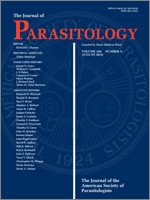ECTOPARASITOLOGY (2)
IMMUNOLOGY (1)
PATHOLOGY (3)
IN MEMORIAM (1)
Articles (1)

No abstract available
No abstract available
